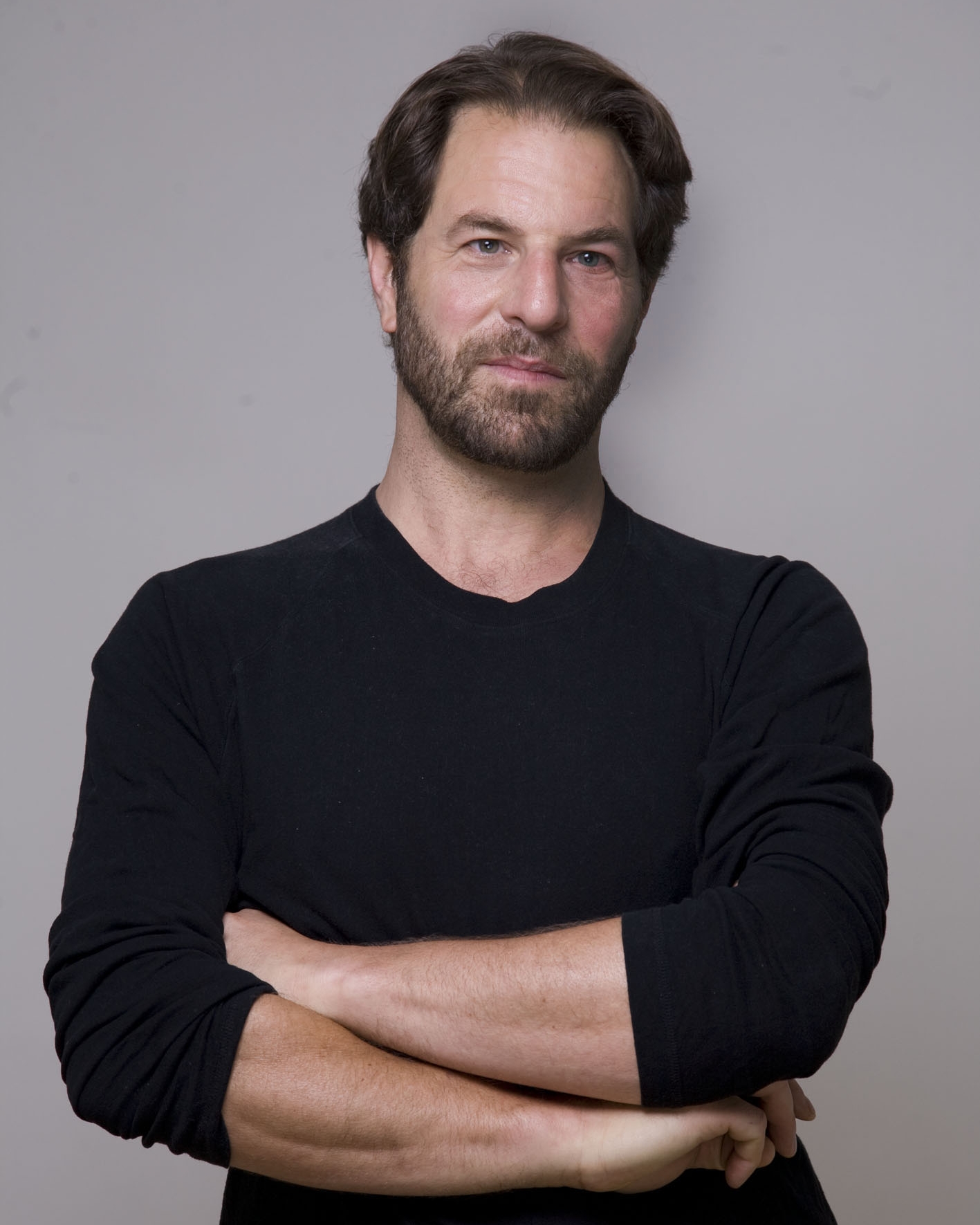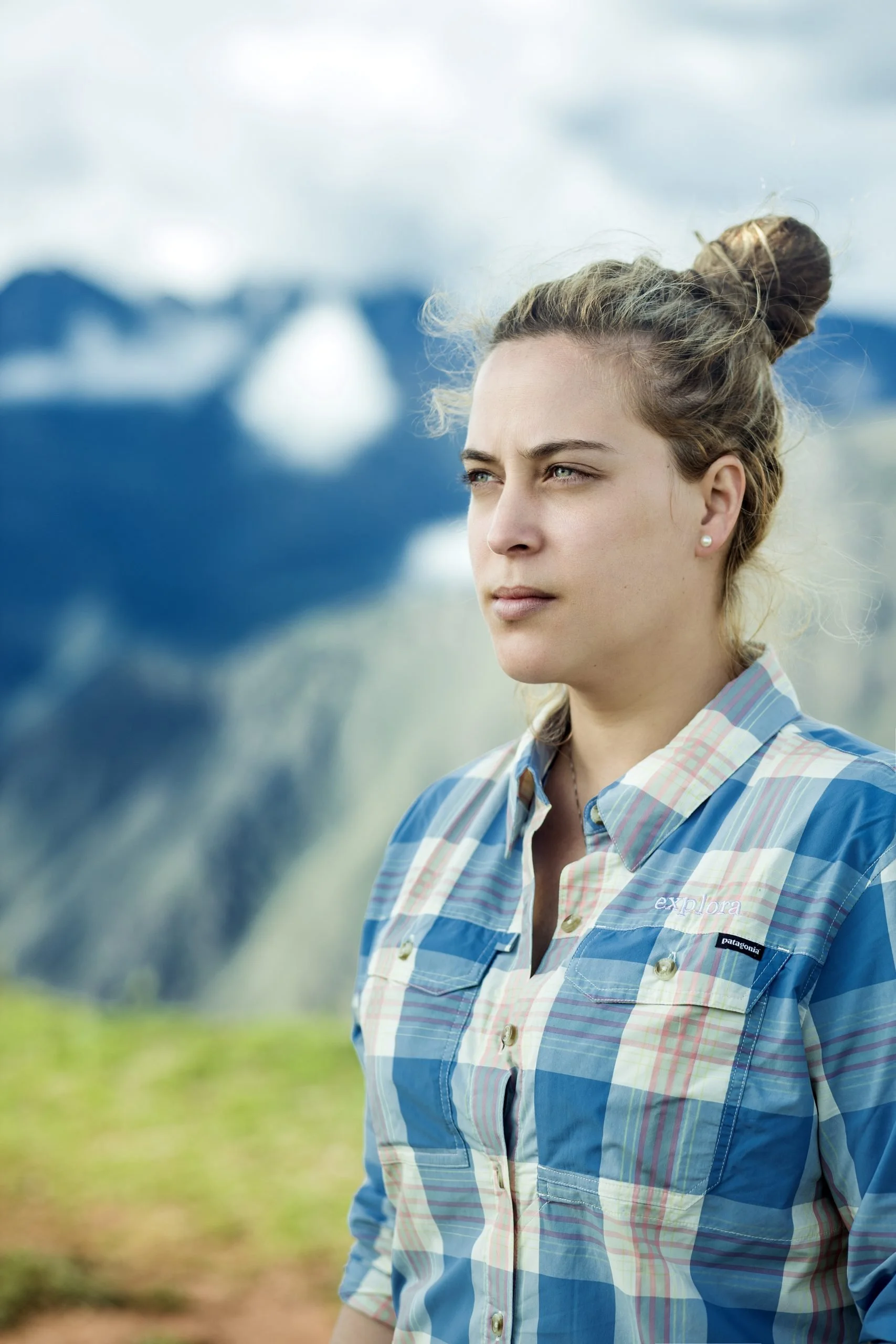Spreading the Word in Xochimilco: A Conference on Biodiversity
The dawn mist had barely lifted as we gathered at the docks and began to board awaiting ferries. The irony that we were in the middle of one of the most haphazard conglomerations of urbanity in the world was lost on no one. But as the motorized boats, each holding 20 or so passengers slowly pulled out and chugged their way through tropical plant and bird-filled canals, we collectively and silently imbibed the thick wholesomely fragrant air and took in the sounds of nature. An impressive group of international cooks, journalists, and other food-minded folk, bleary-eyed and disoriented by the early departure hour, had been called to the south of Mexico City to discuss biodiversity. Premier Mexican chef Enrique Olvera and the directors of the Basque Culinary Center, a school and gastronomic crucible based in San Sebastian, Spain, had invited 150 fortunate gastronomers to attend a forum dedicated to the preservation and appreciation of our diverse animal and plant life and its application to food in gastronomy and agriculture. The night before the BCC had announced the winner of its €100,000 World Prize to chef and activist Leonor Espinosa who has done much to promote biodiversity in her native Colombia.
Olvera & Co.
The event was to take place on a chinampa in the southernmost region of the city. Xochimilco is sometimes called the “Venice of Mexico” for its canals, “floating islands” and trajineras—boats brightly painted, decorated with artificial flowers and oar-propelled. The area has been, for 100 years, a relaxed place where locals and tourists can spend a convivial afternoon picnicking and listening to mariachis who tag alongside serenading from their own boats. The area has also been producing vegetables and flowers for the Valley of Mexico since pre-conquest times when farmers first created the islands that don’t really float but are bound to the shallow canal beds by sediment and roots. Xochimilco is designated by UNESCO as a World Heritage site and efforts have been made in recent years to clean up the increasingly filthy, trash-strewn waters, but the area is still threatened by pollution and the encroaching urbanization that plagues the metropolis. In recent years, several organizations have been created to foment and save the tradition of farming on the highly fertile chinampas.
De la Chinampa, headed by Ricardo Rodriguez, is a company that serves as an intermediary to market the products of a consortium of small farmers who produce organic vegetables. The abundant produce is sold to both the public and the city’s high-end restaurateurs who are eager to take advantage of the local version of the world-wide locavore/farm-to-table movement. Yolcan, the oldest such group in the area is the largest, comprising 6 hectares (about 15 acres) of farmland that render some 2.5 tons of produce per month. Yolcan provides vegetables and edible flowers to such highly visible restaurants as Pujol, Máximo Bistrot, Contramar and Mero Toro. Antonio Murad, one of the founders of Yolcan, which hosted the BCC event, explains that the chinampas, which were created in order to divide and make productive a shallow lake, “are possibly the only natural ecosystem that was actually improved by human intervention.”
Peruvian star chef, Gastón Acurio
It was here, in the middle of Yolcan’s idyllic Eden-like farms, that we were deposited to mill, schmooze and listen to guest speakers from around the globe under a provisional, artfully hand-crafted wood/grass and bamboo structure. Novelist/cook Laura Esquivel, chef/encyclopedist Ricardo Muñoz Zurita, Venezuelan cook and activist Maria Fernanda di Giacobbe and Olvera himself were amongst the speakers. A highlight of the conference was the talk by Peruvian star chef Gastón Acurio. He recounted that as a boy, he particularly liked a local brand of chocolate. Later, this small family-run chocolate business was swallowed by a multinational company. Over the ensuing years, the percentage of cacao in the tablet was diluted and the chocolate bar became not much more than a facsimile of the original. In order to demonstrate the poetic victory of the traditional versus the industrial, Acurio decided to prepare two recipes, the original cacao filled, and the contemporary artificial version. He would have 100 Peruvian children try the results and they would decide which they liked the most. Only two children chose the recipe made with real cacao.
Acurio posited that "We are in the midst of a battle to redefine our consumption habits and what will be their impact on the future of humanity. The multinationals inculcate the consumers with what is valuable and good, and what is not. Small producers do not have marketing power. It is our responsibility as cooks, researchers and journalists to promote a more balanced and bio-diverse world.” Michel Bras, the three Michelin star-holding French chef, is often associated with the contemporary culinary use of fresh herbs and edible flowers. He closed the event inviting the public to unearth a carrot to be able to "feel that wonderful aroma of anise" or to listen to the singing of fresh squashes "that vibrate cheers" and with which "one should not make a puree, but something more lyrical."
As dark clouds gathered ominously, the after-party was cut short: attendees made for departing ferries as if they were lifeboats from the Titanic. Indeed, as ours pulled out the sky opened up drenching remaining guests desperately waving from the dock, I had visions of the top-heavy chinampa, starboard side below water, slowly slipping into the depths. This was not to be. The sun peeked from behind steel grey clouds as we reached the end. VIP chefs were whisked away to dine at Quintonil, on some of the very greens we had seen growing. The rest of us headed home to start spreading the word.










